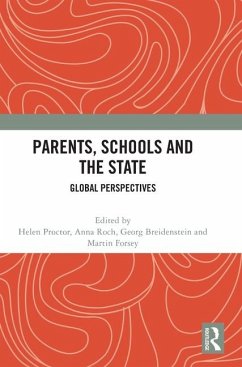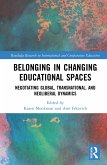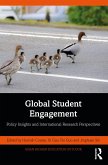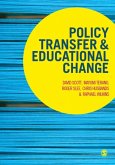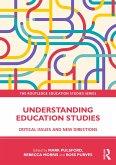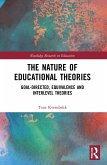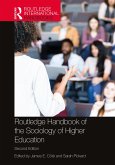This book maps globally shifting relations between families, schools and the state across a range of nations (Australia, Germany, India, Norway, Singapore, Sweden, USA) in the late twentieth and early twenty-first centuries.
Featuring contributions from leading international experts, the book's eight chapters reflect upon the apparently vital responsibility of parents for choosing the rights sort of educational pathways for their children, offering comparative insights into several different kinds of state, with different contexts for the practices of 'educational' parenting. The contributors consider the proposition that a significant focus of the material, emotional and occupational investment of contemporary parents is the formal education of their children, re-shaping not only the relationship between parents and schools but also the nature of parenthood itself. Parents are analysed both as local actors in schools and as subjects of national and international policy regimes, particularly recent and contemporary imperatives of marketisation.. With a focus on social change, the chapters examine the operation of global educational programmes and ideas in national and local settings. The collected national and local studies attend to different confluences of local, regional and transnational, considering a variety of social and cultural patterns as well as national and local educational structures and policy regimes.
Parents, Schools and The State: Global Perspectives will be a useful resource for academics, researchers, and advanced students of comparative education, educational policy and leadership, educational research, history of education, sociology, research methods and politics. This book was originally published as a special issue of Comparative Education.
Featuring contributions from leading international experts, the book's eight chapters reflect upon the apparently vital responsibility of parents for choosing the rights sort of educational pathways for their children, offering comparative insights into several different kinds of state, with different contexts for the practices of 'educational' parenting. The contributors consider the proposition that a significant focus of the material, emotional and occupational investment of contemporary parents is the formal education of their children, re-shaping not only the relationship between parents and schools but also the nature of parenthood itself. Parents are analysed both as local actors in schools and as subjects of national and international policy regimes, particularly recent and contemporary imperatives of marketisation.. With a focus on social change, the chapters examine the operation of global educational programmes and ideas in national and local settings. The collected national and local studies attend to different confluences of local, regional and transnational, considering a variety of social and cultural patterns as well as national and local educational structures and policy regimes.
Parents, Schools and The State: Global Perspectives will be a useful resource for academics, researchers, and advanced students of comparative education, educational policy and leadership, educational research, history of education, sociology, research methods and politics. This book was originally published as a special issue of Comparative Education.

